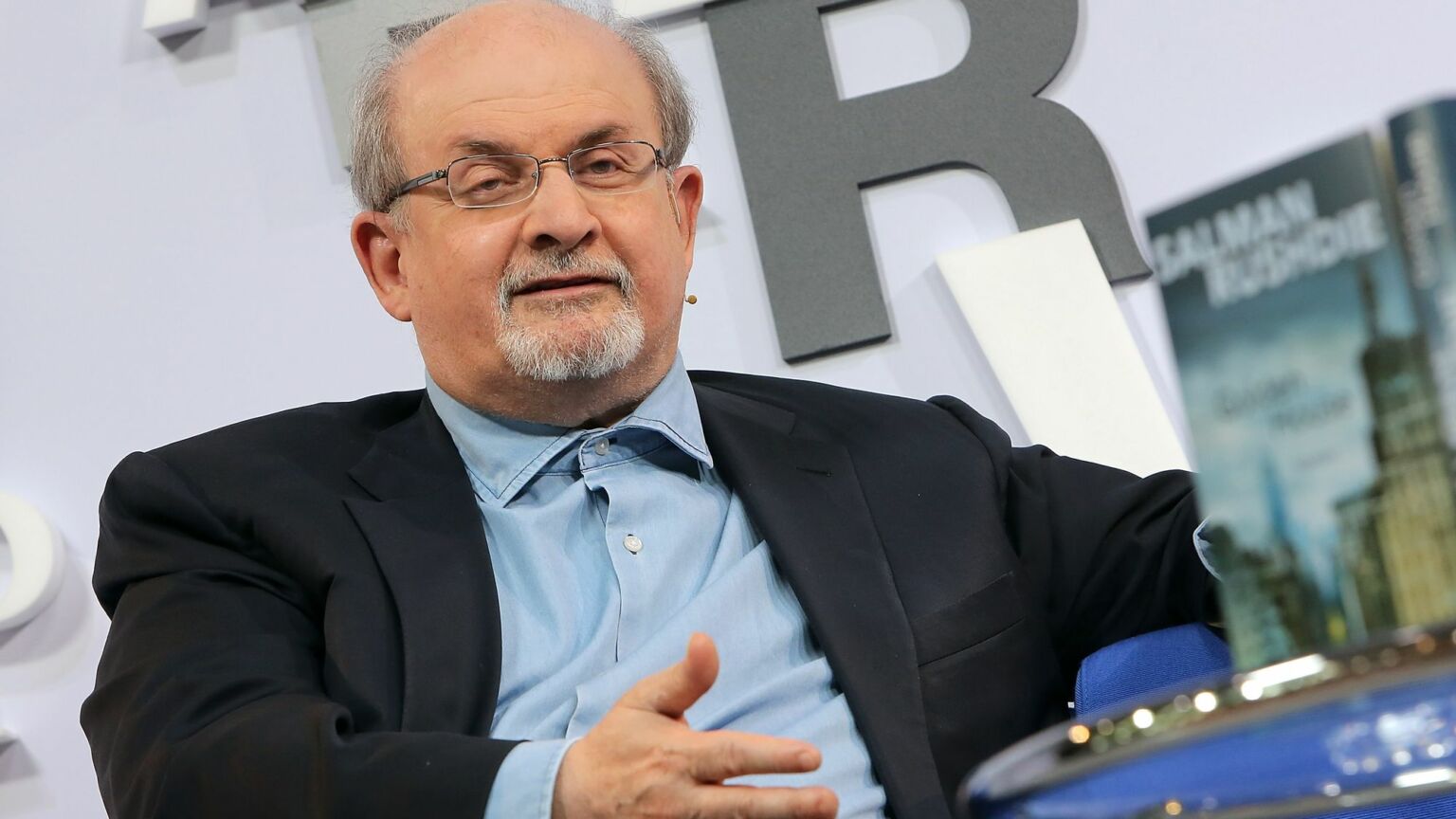Everyone talks about it : an all-star show

 There was the star of the match in square inch, yesterday, on the set of Everyone talks about it . One of the very good editions since the beginning of the winter, where inspiring models succeeded each other to talk about success, tolerance, medical aid to die and a delightful medical discovery.
There was the star of the match in square inch, yesterday, on the set of Everyone talks about it . One of the very good editions since the beginning of the winter, where inspiring models succeeded each other to talk about success, tolerance, medical aid to die and a delightful medical discovery.
One can only be charmed by Laurent Duvernay-Tardif, who has just signed a $ 41 million contract for five years as a guard on the offensive line of the Kansas City Chiefs. Brilliant, eloquent, the footballer is a formidable model. The medical student plays the violin, loves the visual arts and knitting. An atypical and fascinating course for this friendly colossus, to whom I award the star of the match, a cruel but assumed choice.
The culture lover wants to rub off on his teammates. He convinced five to accompany Nutcracker ! The best-paid Canadian in the history of the NFL, who must eat 6500 calories each day during the season, is committed to practicing in Montreal when he becomes a doctor. Moreover, he chose the bakery of his parents in Villeray to announce the signing of his contract. How not to love him?
Adib Alkhalidey listened in a loop The tour of the island of Felix Leclerc the day after the killing at the Great Mosque. He experienced a real mourning that day. “Never mind that I let this guy transform my relationship with Quebec and Quebec City by making this memory the dominant memory in my memory,” he said. For him, the capital remains “the best city” where to give performances.
Born of Moroccan mother and Iraqi father, the humorist learned to “become” Quebec with sport. “Hockey is the thing that connected me to Quebec. It’s not a joke. “As a child, after September 11, 2001, he saw the changing eyes of the Arab community. For a long time he dragged that pain. Through his monologues, he tries to efface his fear of the other. “Suffice it, one can not constantly demonize a people and kidnap its sociogenetic identity by speaking of them in evil,” he said with admirable sensitivity.
Necessary, the discussion about the lack of accessibility to medical aid to die took heart. Yvon Cournoyer wished to bid farewell on his birthday in the spring, so that his loved ones could keep a good image of him, but this privilege did not help him. Will not be granted. He has already lost the use of his legs and his disease progresses more rapidly than the doctors had foreseen. He now plans to pay $ 20,000 to die in Switzerland. “But I want to finish my days here in Quebec, surrounded by mine, in my room, with us,” says the man, who sees no advantage in staying alive. One can only understand it.
Chloé Sainte-Marie, who signed a touching letter in Le Devoir , fears she may have lacked courage by keeping her lover Gilles Carle alive, whose slow agony spread over 17 years. “Because I loved her,” she confided, too harsh to herself. After all, medical aid to die was not yet legal. “It could be said that I escaped imprisonment for lack of courage.” The law was passed when the wife of the former member of French B, Jean-Robert Bisaillon, wanted to finish, unable to leave Cancer make it lose any quality of life. The latter recounted the serene atmosphere in which the one he loved made his decision. All three of them ask for more flexibility in the law, too restrictive in their opinion.
Lisa LeBlanc recounted her fascinating two-month trip to the United States to deepen her learning of music. Costumer Courtney Hoffman noticed her version of the traditional song Katie Cruel on YouTube and gave her a prostitute role in her first film, a female western. Charmed when Lisa, nominated Juno in the contemporary roots category, took her banjo to play us a “toune”.
Sylvain Bellemare is still unaware of the fallout that his Oscar could have for the best sound editing for Arrival . Americans often tour in Quebec, but rarely post-production their films with us; The prize could draw their attention to Quebec talent. Bellemare, who has been working with Denis Villeneuve for 20 years, says he has higher budgets, manpower and time. “Sound is painting,” he says of his meticulous work, often ignored.
Still encouraging to learn that science is progressing, as is the case with the discovery of Sylvain Martel. The director of the Polytechnique Montréal nanorobotics laboratory has developed a treatment using bacteria capable of circulating in the blood system and transporting drugs directly into cancerous tumors. He passed for a hurluberlu, he was told he was going to lose his job, that he was going to close his laboratory. But now his nanobots have come a long way.
No reason to be afraid of the method: one injects 100 million bacteria, which is equivalent to the number exchanged during a long kiss. However, the researcher needs one to two million dollars and the Health Canada agreement to test his discovery on primates. One in three will die of cancer, pleads Sylvain Martel, who immediately turned to the multimillionaire Laurent Duvernay-Tardif.






